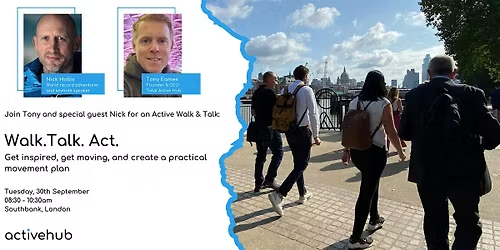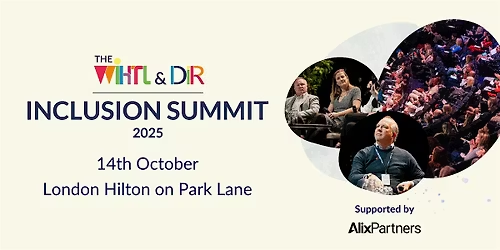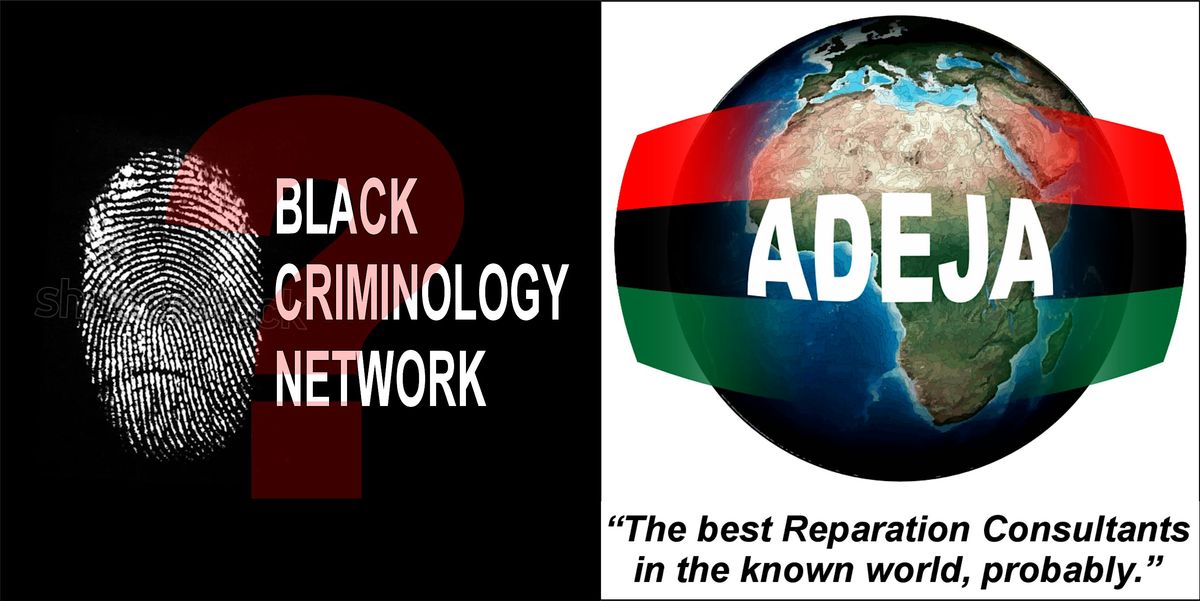
About this Event
African Diaspora Equity and Justice Alliance (ADEJA) Weekly Meetings on Black CriminologyIntroduction
The African Diaspora Equity and Justice Alliance (ADEJA) is dedicated to advancing the well-being, empowerment, and unity of Black Africans, the Black African diaspora, and the Mixed-Black diaspora. As part of this mission, ADEJA holds weekly meetings focused on Black Criminology. These gatherings serve as think tanks for community engagement, providing a platform to discuss crucial issues and develop strategies to address them. It is important to note that while these meetings are about Black Criminology, they are not currently in partnership with the Black Criminology Network (BCN). However, ADEJA is actively working towards forming a partnership or potentially taking over the Black Criminology Network to further their mutual goals.
Understanding Black CriminologyBlack Criminology is an academic and practical field that examines the experiences of Black individuals within the criminal justice system. It aims to understand the root causes of criminal behavior in Black communities, the systemic biases that affect Black people disproportionately, and the social and economic factors that contribute to these issues. Black Criminology also focuses on developing policies and practices that can mitigate these disparities and promote justice and equality.
The Black Criminology Network (BCN)The Black Criminology Network (BCN) was established in 2020 to support current and prospective criminologists, particularly those of Black heritage. BCN facilitates monthly networking events, promotes professional development, and provides opportunities for learning and growth. The network has successfully connected Black criminologists, offering a platform for sharing knowledge and experiences.
BCN’s Objectives
- Networking: Providing a platform for Black criminologists to connect and collaborate.
- Learning: Facilitating access to resources and opportunities for professional growth.
- Achievement: Encouraging the development and success of Black criminologists in their careers.
BCN’s Founding Team
- Stephanie (Co-Founder): A Criminology lecturer with interests in colourism and the politics of skin colour.
- Jen (Founder): A PhD researcher focusing on policing, race relations, and critical race theory.
- Carmel (Team Member): An MA student in Black Studies and a qualified advocate against domestic and sexual violence.
- Leon (Team Member): An Assistant Lecturer with a focus on state responses to extremism and political violence.
- Yasmyn (Team Member): An MSc student in Criminal Psychology, working with offending behaviours and substance misuse.
Purpose of the Meetings
ADEJA’s weekly meetings are dedicated to discussing Black Criminology and its implications for the Black community. These meetings serve as a forum to:
- Explore the challenges faced by Black individuals in the criminal justice system.
- Develop evidence-based strategies to address these challenges.
- Engage with the community to gather insights and foster collaboration.
Goals and Aspirations
- Forming a Partnership: ADEJA aims to convince the Black Criminology Network to join their movement, combining resources and expertise to achieve common goals.
- Potential Takeover: If necessary, ADEJA is prepared to take over the Black Criminology Network to ensure that their objectives are met.
Shared Vision and Goals
Both ADEJA and BCN share a commitment to addressing the injustices faced by Black individuals in the criminal justice system. By working together, they can amplify their impact and achieve their common goals more effectively.
Mutual Benefits
- Enhanced Resources: Collaboration can provide access to a broader range of resources, including funding, research, and expertise.
- Stronger Advocacy: A united front can enhance advocacy efforts, leading to more significant policy changes and better outcomes for the Black community.
- Increased Visibility: Partnering with ADEJA can raise the profile of BCN, attracting more members and supporters.
Reasons for Collaboration
- Shared Commitment to Racial Justice: Both organizations are dedicated to promoting racial equality and combating discrimination.
- Complementary Strengths: ADEJA’s focus on historical reparatory justice and BCN’s expertise in criminology can create a powerful synergy.
- Broader Impact: Together, they can reach a wider audience and influence more substantial change.
- Resource Pooling: Combining resources can lead to more effective programs and initiatives.
- Community Engagement: Joint efforts can enhance community engagement and support, fostering a sense of unity and purpose.
For progress to be made in addressing the challenges faced by Black communities, it is crucial to have clarity in racial and ethnic identity. This clarity helps in understanding the specific needs and experiences of different groups within the Black community, allowing for more targeted and effective interventions.
IC Codes and Their Importance
ADEJA recognizes and uses the British Police IC codes for racial and ethnic classification. These codes help in:
- Understanding Demographics: Providing insights into the composition of different communities.
- Targeting Interventions: Allowing for more precise targeting of policies and programs.
- Promoting Social Cohesion: Helping to address the unique challenges faced by different groups, thereby promoting social cohesion and stability.
Introduction to the Black Social Credit System
ADEJA has implemented a comprehensive Black Social Credit system to incentivize and recognize actions that contribute to the betterment of the IC3 Black community. This system evaluates and scores individuals based on their behaviors, actions, and contributions to society, with a significant emphasis on actions aimed at community betterment.
Components of the Black Social Credit System
- Ancestry (5%) - A1: The number of identifiable IC3 Black people in one’s ancestry.
- Associations (5%) - A2: Black family values and sexual relationships.
- Appearance (5%) - A3: Black phenotype.
- Actions (80%) - A4: The Black person practicing Black betterment.
- Amino Acids (5%) - A5: Black genetics.
Importance of Actions (A4)
Actions constitute the most substantial category, comprising 80% of the Social Credit system. This emphasizes the importance of individual efforts towards the improvement and progress of the Black community.
ConclusionADEJA’s weekly meetings on Black Criminology are a crucial part of their mission to advance the well-being, empowerment, and unity of Black Africans, the Black African diaspora, and the Mixed-Black diaspora. By discussing Black Criminology and planning to form a partnership with the Black Criminology Network, ADEJA is taking significant steps towards addressing the injustices faced by Black individuals in the criminal justice system.
Collaboration between ADEJA and BCN can lead to enhanced resources, stronger advocacy, increased visibility, and a broader impact. It is essential for both organizations to work together to promote racial justice, combat discrimination, and foster a sense of unity and purpose within the Black community.
By implementing the Black Social Credit system and focusing on evidence-based reparation claims, ADEJA aims to create a transformative platform that addresses historical inequities, fosters international collaboration, and paves the way for shared prosperity. The need for clarity in racial and ethnic identity is paramount for progress to be made, and ADEJA’s commitment to this clarity is a crucial part of their efforts to achieve their mission.
In conclusion, ADEJA’s weekly meetings on Black Criminology are not just discussions; they are a vital part of a broader strategy to promote Black betterment and reparatory justice. Through collaboration and shared efforts, ADEJA and the Black Criminology Network can create a brighter future for Black communities worldwide.
4o
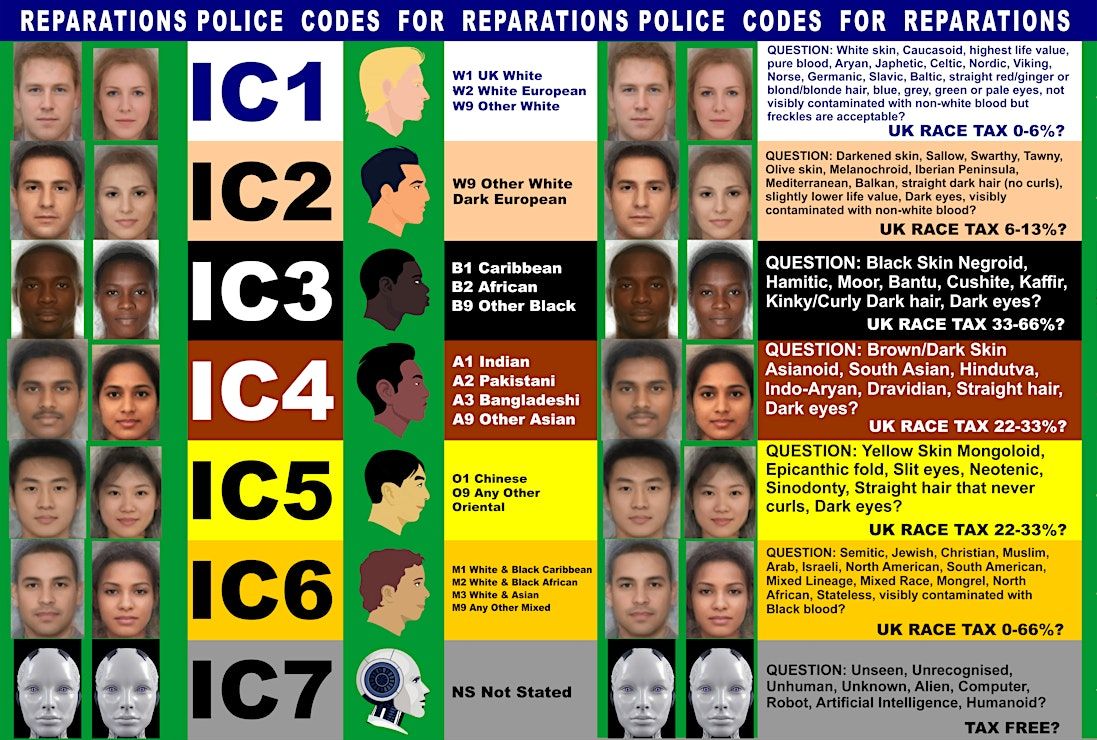
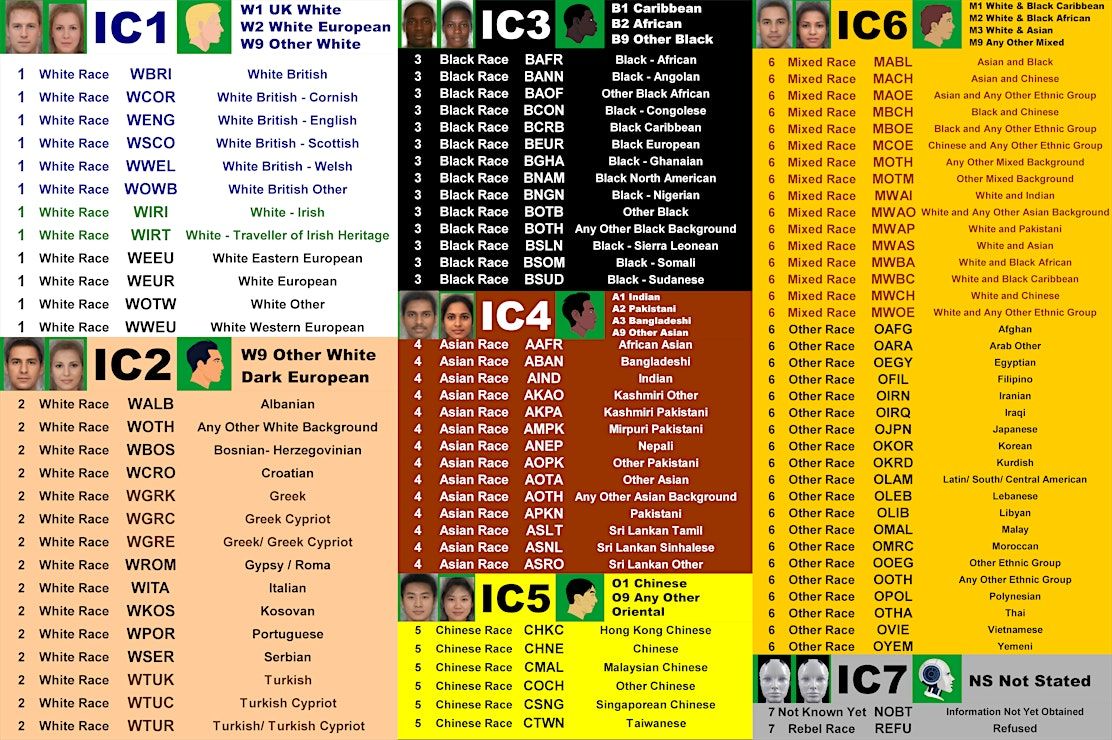
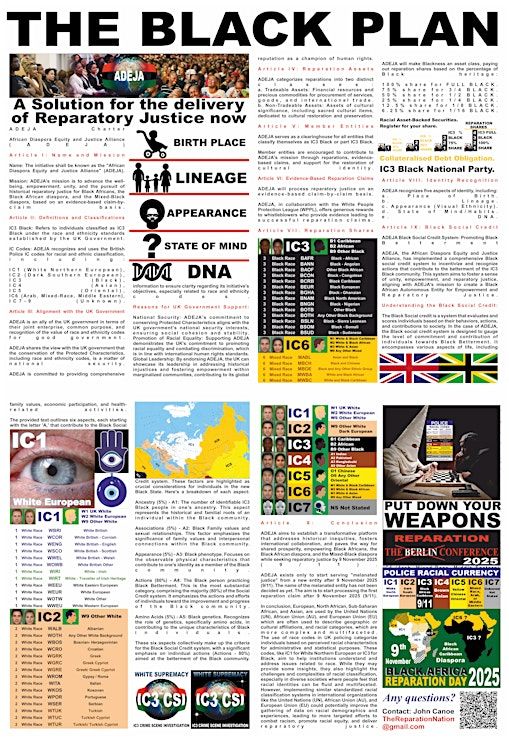
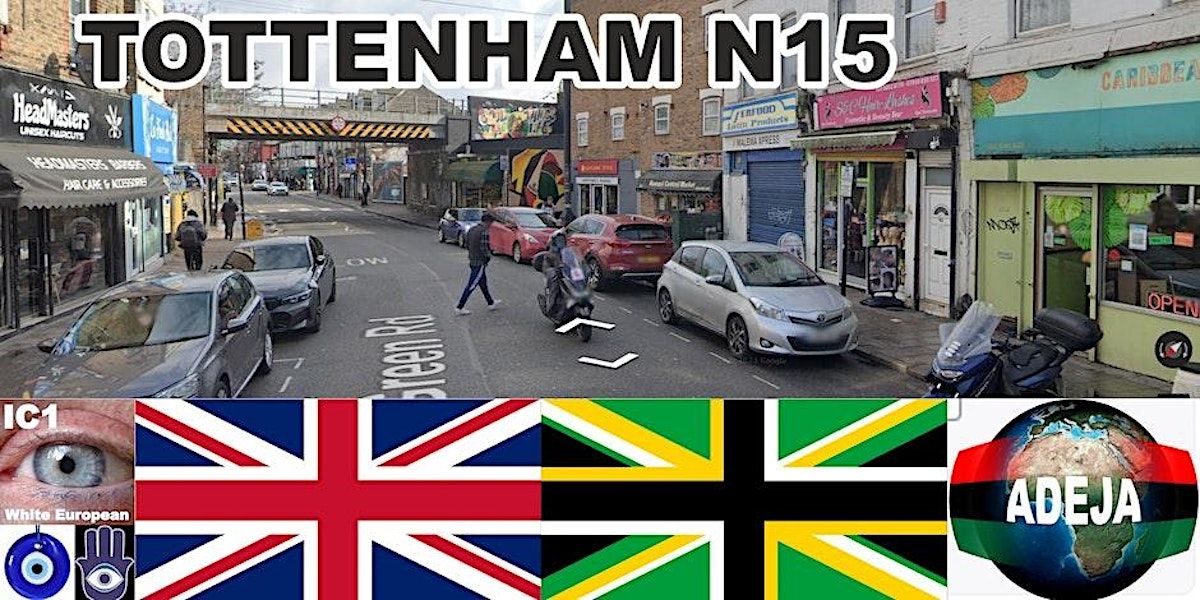
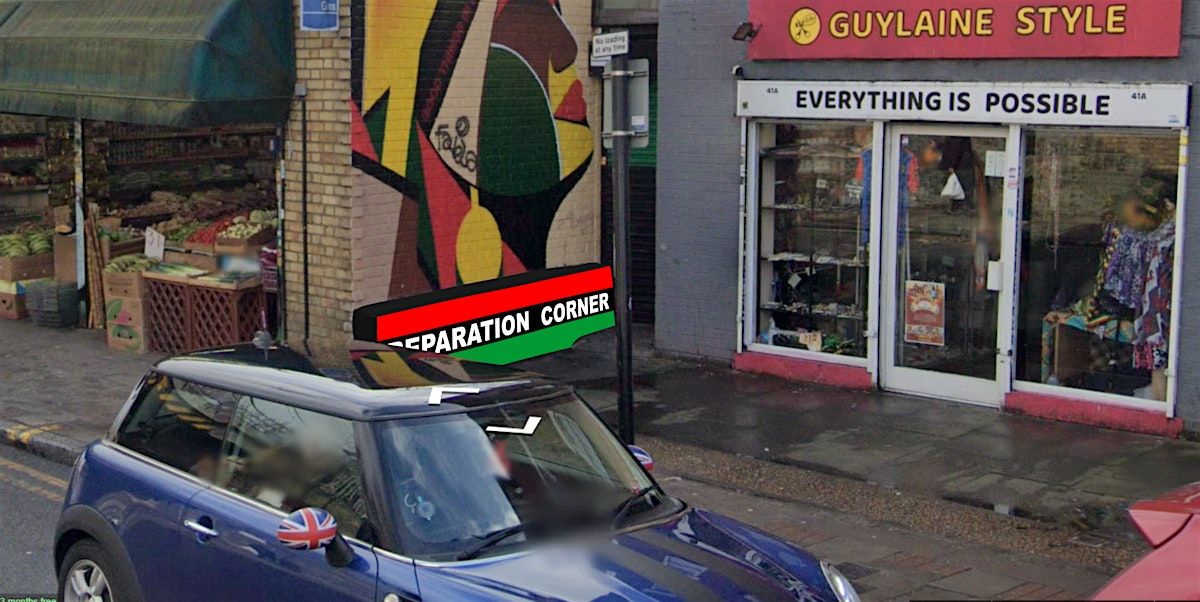
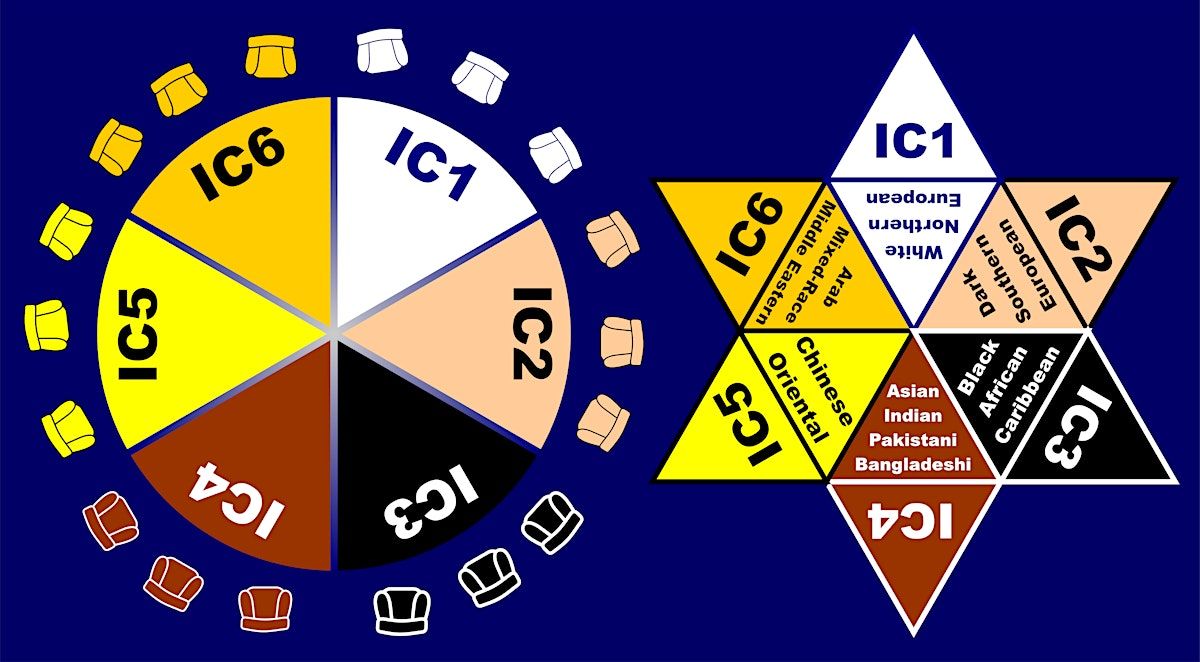
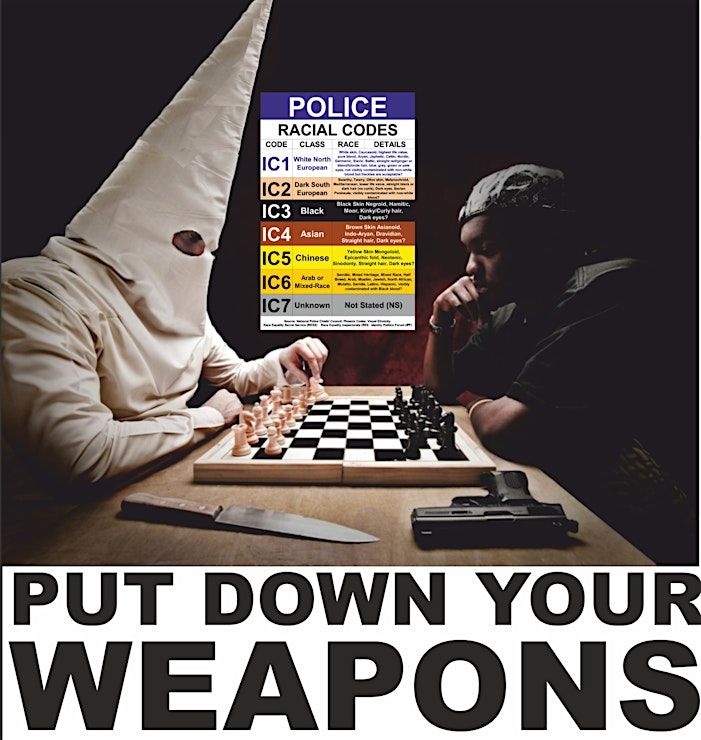
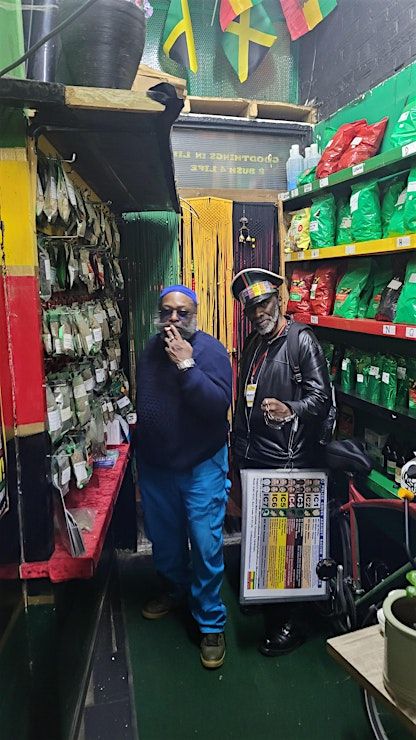
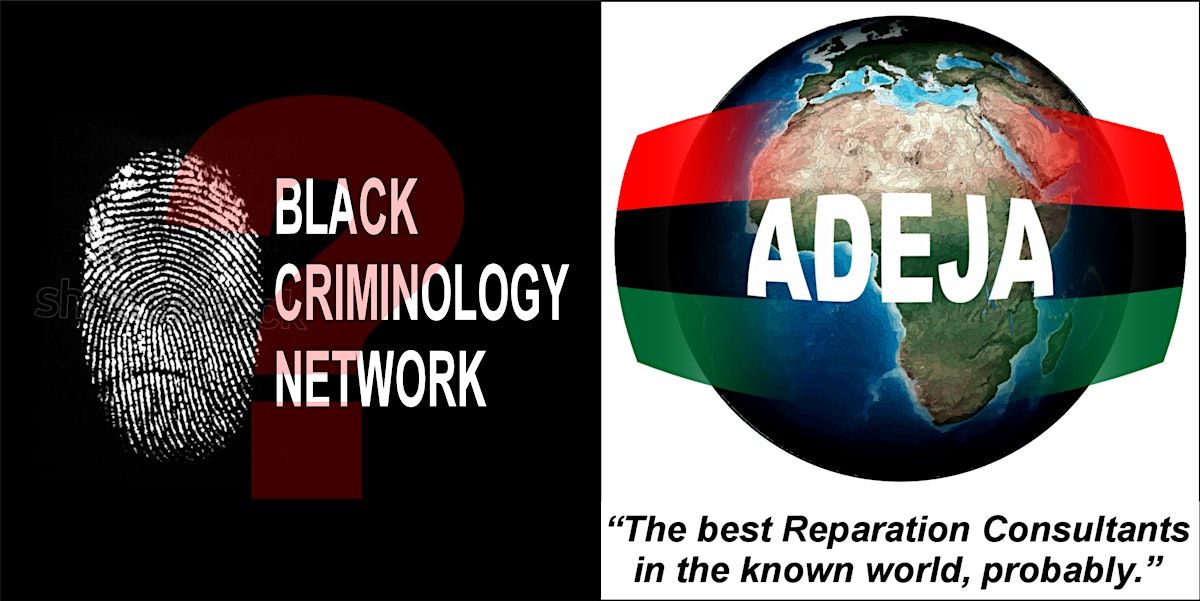
African Diaspora Equity and Justice Alliance (ADEJA) Weekly Meetings on Black Criminology and the Role of John Canoe/JunkanooIntroduction
The African Diaspora Equity and Justice Alliance (ADEJA) is committed to advancing the well-being, empowerment, and unity of Black Africans, the Black African diaspora, and the Mixed-Black diaspora. As part of this mission, ADEJA holds weekly meetings focused on Black Criminology. These meetings serve as think tanks for community engagement and strategy development. It is essential to clarify that while these meetings are about Black Criminology, they are not yet in partnership with the Black Criminology Network (BCN). However, ADEJA is actively working towards forming a partnership or potentially taking over the Black Criminology Network to further their mutual goals.
Meetings Focus
These meetings are not merely about criminology; they also involve discussions on using the mythical figure John Canoe/Junkanoo, the Reparation Fascist, as the international legal personality for the delivery of reparatory justice to those classified as Black and Mixed-Black worldwide. The meetings feature hot conversations, debates, and strategic planning to align with or take over the Black Criminology Network and convince them to join the ADEJA movement.
Understanding Black CriminologyBlack Criminology is an academic and practical field that examines the experiences of Black individuals within the criminal justice system. It seeks to understand the root causes of criminal behavior in Black communities, systemic biases that disproportionately affect Black people, and the social and economic factors contributing to these issues. Additionally, Black Criminology focuses on developing policies and practices to mitigate these disparities and promote justice and equality.
The Black Criminology Network (BCN)BCN’s Objectives
- Networking: Providing a platform for Black criminologists to connect and collaborate.
- Learning: Facilitating access to resources and opportunities for professional growth.
- Achievement: Encouraging the development and success of Black criminologists in their careers.
BCN’s Founding Team
- Stephanie (Co-Founder): A Criminology lecturer interested in colourism and the politics of skin colour.
- Jen (Founder): A PhD researcher focusing on policing, race relations, and critical race theory.
- Carmel (Team Member): An MA student in Black Studies and a qualified advocate against domestic and sexual violence.
- Leon (Team Member): An Assistant Lecturer with a focus on state responses to extremism and political violence.
- Yasmyn (Team Member): An MSc student in Criminal Psychology, working with offending behaviors and substance misuse.
Shared Vision and Goals
Both ADEJA and BCN share a commitment to addressing injustices faced by Black individuals in the criminal justice system. By working together, they can amplify their impact and achieve their common goals more effectively.
Mutual Benefits
- Enhanced Resources: Collaboration can provide access to a broader range of resources, including funding, research, and expertise.
- Stronger Advocacy: A united front can enhance advocacy efforts, leading to more significant policy changes and better outcomes for the Black community.
- Increased Visibility: Partnering with ADEJA can raise the profile of BCN, attracting more members and supporters.
Reasons for Collaboration
- Shared Commitment to Racial Justice: Both organizations are dedicated to promoting racial equality and combating discrimination.
- Complementary Strengths: ADEJA’s focus on historical reparatory justice and BCN’s expertise in criminology can create a powerful synergy.
- Broader Impact: Together, they can reach a wider audience and influence more substantial change.
- Resource Pooling: Combining resources can lead to more effective programs and initiatives.
- Community Engagement: Joint efforts can enhance community engagement and support, fostering a sense of unity and purpose.
Who is John Canoe/Junkanoo?
John Canoe/Junkanoo is a mythical character known as the Reparation Fascist. He symbolizes the fight for reparatory justice for Black and Mixed-Black people worldwide. John Canoe emphasizes that “Racial rights are human rights,” underscoring the necessity of racial identity for delivering reparatory justice.
Reparation Fascist
A Reparation Fascist is an advocate who aggressively promotes the need for reparatory justice and racial rights. This term, although provocative, is used to highlight the urgent and uncompromising stance required to achieve reparatory justice for those classified as Black and Mixed-Black.
Celebration of John Canoe’s Birthday
ADEJA plans to celebrate the birthday of John Canoe/Junkanoo on November 9th (9/11), coinciding with the launch of the international Black entity for reparatory justice in 2025. This date marks the beginning of a new phase in the fight for racial justice.
Concept of Identity and Property OwnershipIdentity as a Necessary Aspect of Owning Property
The concept of identity is fundamental to owning property. Without a recognized identity, individuals cannot claim ownership or rights. This idea is crucial in the context of reparatory justice, as it ensures that those seeking reparations have a defined and recognized identity, which is essential for legal and financial claims.
UK Protected Characteristics and Racial Identity
The UK recognizes specific protected characteristics, including race and ethnicity, which are vital for implementing anti-discrimination laws and policies. These characteristics are integral to ADEJA’s mission, as they provide a legal framework for pursuing reparatory justice.
Importance of UK Race Codes
The UK race codes are essential for clarifying identity and ensuring that reparatory justice is delivered accurately. These codes help categorize individuals based on their racial characteristics, facilitating more precise and fair reparations.
Threats to UK National Security
Any attempt to dismantle race as a protected characteristic poses a threat to UK national security. Maintaining racial identity helps preserve social cohesion and stability, which are critical for national security. Understanding and addressing racial disparities can prevent social unrest and promote a more inclusive society.
International Legal Personality and Reparatory JusticeWhat is an International Legal Personality?
An international legal personality is an entity recognized by international law as having rights and duties. This status allows the entity to engage in legal proceedings, enter into agreements, and be held accountable on the global stage.
John Canoe/Junkanoo as an International Legal Personality
John Canoe/Junkanoo is envisioned as an international legal personality representing the interests of Black and Mixed-Black people worldwide. This role includes advocating for reparatory justice, promoting racial rights, and ensuring that Black and Mixed-Black communities receive the recognition and reparations they deserve.
John Canoe/Junkanoo’s Racial Map and ChartDescription and Context
John Canoe’s racial map and chart categorize individuals based on racial characteristics, similar to the UK race codes. This system is designed to clarify racial identity and facilitate the delivery of reparatory justice.
Integration with the UK Race System
John Canoe’s racial map and chart work in conjunction with the UK race system, ensuring consistency and accuracy in racial classification. This integration helps streamline the process of identifying individuals eligible for reparations and ensures that the system is fair and transparent.
Why the UK Should Support John Canoe’s PlanAlignment with British Values
Supporting John Canoe’s plan aligns with British values, particularly in the context of Britain’s historical efforts to abolish the slave trade. By endorsing reparatory justice, the UK can continue its legacy of promoting human rights and addressing historical injustices.
Promoting Social Cohesion
Endorsing John Canoe’s plan can enhance social cohesion by addressing racial disparities and promoting equality. This support demonstrates the UK’s commitment to justice and inclusivity.
ConclusionADEJA’s weekly meetings on Black Criminology and the strategic discussions involving John Canoe/Junkanoo play a critical role in advancing reparatory justice for Black and Mixed-Black communities. By potentially partnering with or taking over the Black Criminology Network, ADEJA aims to amplify its impact and achieve its mission more effectively.
The integration of John Canoe/Junkanoo as an international legal personality underscores the importance of racial identity in the fight for reparatory justice. Utilizing UK race codes and the racial map designed by John Canoe ensures clarity and fairness in delivering reparations.
The UK’s support for John Canoe’s plan aligns with its values and historical efforts to promote human rights. By backing this initiative, the UK can continue to lead in addressing historical injustices and fostering a more just and equitable society.
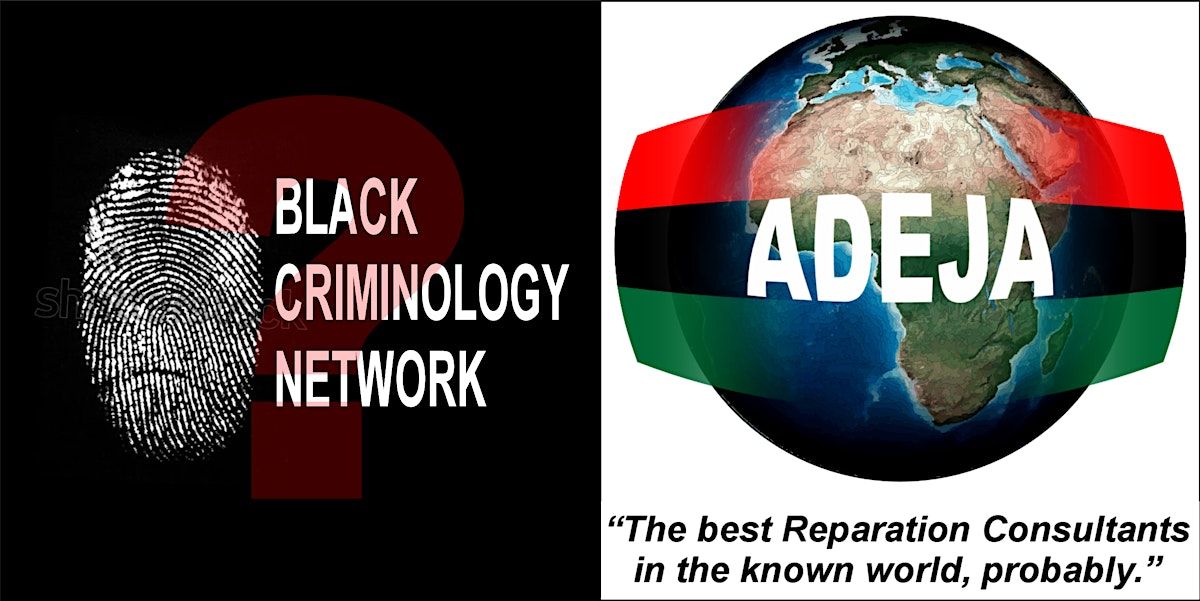
Here's a more exhaustive list of countries and recognized entities that officially recognize the "White race" through their census or demographic data collection practices, including additional sources for each:
United States
- Census Bureau: The category "White" refers to individuals having origins in any of the original peoples of Europe, the Middle East, or North Africa. This classification is used in various government surveys, including the decennial census and the American Community Survey (ACS) (Census.gov) (Wikipedia).
United Kingdom
- Office for National Statistics (ONS): The UK census includes "White" as a category with subcategories such as "White British," "White Irish," and "Other White" to capture detailed population data (Wikipedia).
Canada
- Statistics Canada: The Canadian census includes "White" as a racial category, generally referring to individuals with European ancestry. This is part of Canada's broader effort to understand its ethnic diversity (Wikipedia).
Australia
- Australian Bureau of Statistics (ABS): The Australian census includes the category "Australian European" or "White" to describe individuals of European descent, used for monitoring demographic changes and planning services (Census.gov).
New Zealand
- Statistics New Zealand: The New Zealand census includes a "European" category, which encompasses individuals of European descent, often referred to as "Pākehā" in local terms (Census.gov).
South Africa
- Statistics South Africa: The South African census includes "White" as one of its racial categories, reflecting the country’s historical and contemporary demographic realities (Wikipedia).
Brazil
- Brazilian Institute of Geography and Statistics (IBGE): The Brazilian census includes "Branco" (White) as one of its racial categories, acknowledging the country's diverse ethnic composition (Wikipedia).
Mexico
- Instituto Nacional de Estadística y Geografía (INEGI): The Mexican census includes a category for "White" (Blanco) as part of its racial and ethnic data collection (Wikipedia).
Argentina
- Instituto Nacional de Estadística y Censos (INDEC): The Argentine census includes a category for "White" to describe individuals of European descent (Wikipedia).
Chile
- Instituto Nacional de Estadísticas (INE): The Chilean census includes a category for "White" to capture data on individuals of European descent (Wikipedia).
Other Recognized Entities
European Union
- Eurostat: While the European Union does not typically collect data on race in the same way as the US, UK, or Canada, various member states include categories for "White" or similar terms to describe individuals of European descent in their national censuses and surveys. For example:
·
- France: Does not officially collect data on race or ethnicity, reflecting a policy of color-blindness. However, demographic studies and private surveys often include "White" as a category (Wikipedia).
- Germany: Uses terms like "European" or "Caucasian" in demographic surveys and studies but does not officially classify by race in its census (Wikipedia).
International Organizations
- United Nations: While the UN does not collect racial data in the same way national censuses do, it supports the collection of demographic data, including racial and ethnic information, to help monitor and promote human rights and development goals globally (Wikipedia).
Other Countries with Racial/Ethnic Data Collection
- Colombia: Includes "White" as a category in its national census to describe individuals of European descent (Wikipedia).
- Peru: Uses categories such as "White" to capture ethnic diversity in its national census (Wikipedia).
- Venezuela: Recognizes "White" as a racial category in its demographic data collection efforts (Wikipedia).
Additional Countries and Entities
- Portugal: The Portuguese census includes a category for "White" to capture demographic information related to individuals of European descent (Wikipedia).
- Italy: Although Italy does not formally collect racial data, various studies and demographic reports include "White" as a category to describe individuals of European ancestry (Wikipedia).
- Spain: Similar to Italy, Spain's census and demographic studies often include "White" as a category to describe individuals of European descent (Wikipedia).
- Russia: The Russian census includes ethnic categories that encompass "White" individuals, reflecting the country's diverse population (Wikipedia).
These classifications help in policy-making, understanding social dynamics, and addressing issues related to race and ethnicity in these countries and entities.
Event Venue & Nearby Stays
Speakers' Corner, Speakers' Corner, London, United Kingdom
GBP 0.00









